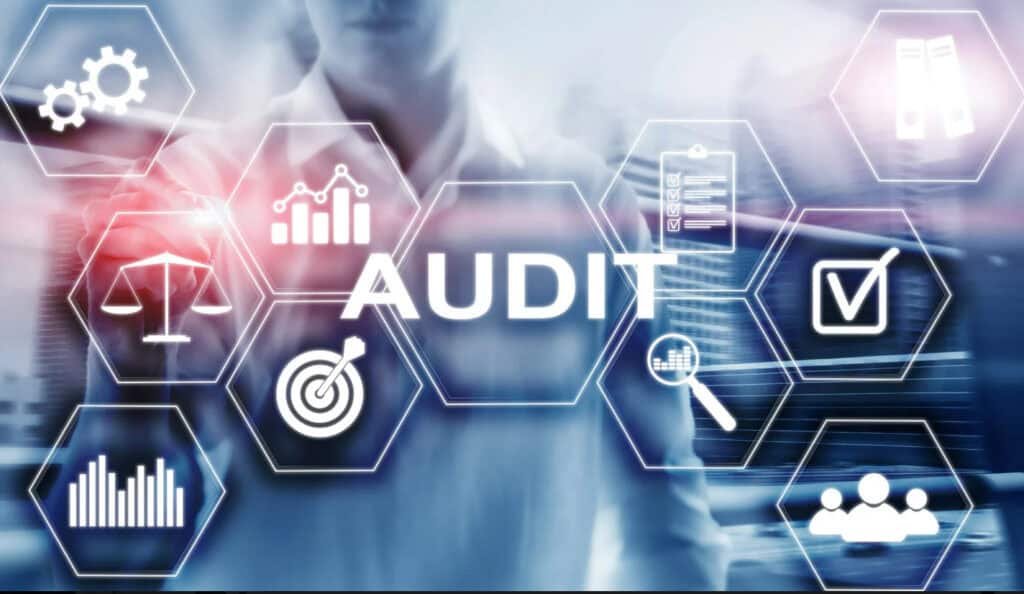Let’s be honest—getting the notice that you’re about to be audited by tax authorities can feel like the beginning of a bad dream. You know the one: your stomach drops, your heart races, and you suddenly wish you could rewind time to find every single receipt you’ve ever misplaced.
Table of Contents
If you’ve ever watched Breaking Bad, you might remember that scene where Skyler’s boss, Ted, gets the dreaded audit visit, and everything spirals into a chaotic mess.
That’s pretty much what goes through your mind, right? But at the same time, they’re needed because they help avoid fraud. Sure, that might be the only silver lining, right? But hey, it doesn’t have to be a disaster. But how?

Financial Audit Is Stressful, But It’s Not the End of the World
Right, so it’s best to just go ahead and acknowledge it: this is stressful. No one enjoys the idea of someone digging through their financial history with a fine-tooth comb. The thought alone is enough to make you want to curl up with a pint of ice cream and forget the world.
But remember, most audits are routine, and the tax authorities aren’t out to ruin your life. They’re just doing their job, and they want to make sure everything checks out.

Take a Deep Breath and Get Organised
The first step in maintaining your sanity is to get organised. This might sound basic, but it’s crucial. Start by gathering all the documents the authorities might need: bank statements, invoices, receipts, tax returns, and anything else that paints a picture of your financial year.
If you’re not naturally the organized type (no judgment here!), now is the time to channel your inner Marie Kondo. If it sparks joy—or in this case, keeps you out of trouble—keep it.
A pro tip? Make sure everything is dated and labeled clearly. The more you can do to make your finances easy to understand, the smoother this whole process will go. And yes, that means you should resist the temptation to present a shoebox full of crumpled receipts. You’re better than that.
Don’t Be Afraid to Ask for Help
You don’t have to go through this alone. If you’re feeling overwhelmed, consider hiring an accountant, bookkeeper, or tax advisor. These professionals have seen it all, and they know how to navigate audits without breaking a sweat. Ideally, you’ll want to think of them as your financial bodyguards.
Sure, that’s a really weird comparison, but there’s some truth to it, though. They help ensure you don’t make any unintentional mistakes (because dealing with finances can be super confusing).
And if you’re wondering whether you need a safeguarding audit as well, that’s typically more relevant to businesses, especially those dealing with large amounts of customer funds. But if it applies to you, it’s worth getting that sorted too.

Keep Your Cool and Communicate
When the audit process begins, remember to keep your cool. Again, no one is out to get you; you just need to communicate clearly with the tax authorities.
They might ask for additional information, and it’s important to respond promptly and accurately. But don’t rush! Seriously, don’t do that; it’s a bad idea. Instead, you’ll need to just double-check everything before you send it off. This isn’t the time to wing it.
Financial Audit – Lessons Learned
Yep, that’s right, you’ll need to use the experience to improve your financial record-keeping going forward. Maybe this means investing in better accounting software or setting aside regular time to organize your finances.



